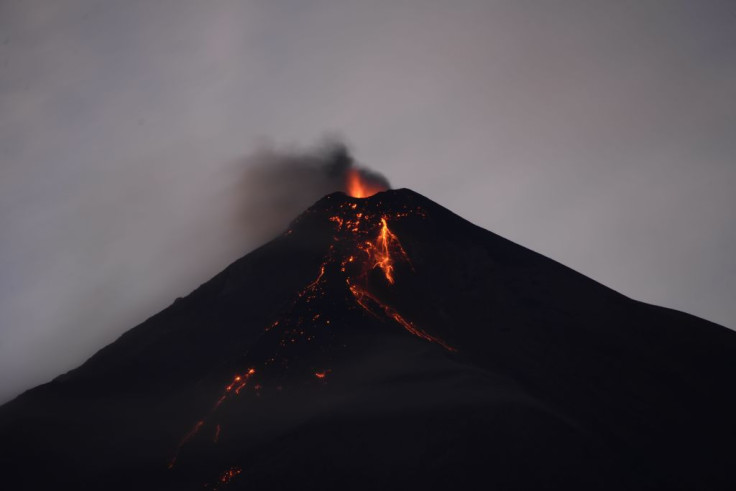Here is how Nasa plans to use the next massive volcanic eruption to tackle global warming
The ash spewing from the volcano could be the key to cooling down our planet and prevent our ozone layer from being damaged.

Nasa is gearing up to take an up-close look at the effect of a massive volcanic eruption, something that could help scientists tackle the pressing problem of global warming.
The idea of studying a volcanic eruption for cooling down planet Earth might seem ironic but the fact is this could be the very first step towards bringing climate change to a halt.
Many scientists have suggested that solar radiation management or geoengineering – the process of spraying sulphate aerosol particles into the atmosphere – could be a way to bring down Earth's temperature.
The particles would reflect light away from Earth and should be good enough to cool things down, but before we go anywhere near blasting aerosols into the sky to deliberately reverse climate change, a number of problems need addressing.
This is why Nasa is prepping to study and analyse the processes triggered by the next big volcanic eruption, which essentially would be the natural blast of aerosols into the atmosphere.
When a volcano explodes, it spews out a huge amount of volcanic ash or sulphur dioxide into the atmosphere, which when combined with water vapour, leads to the formation of reflective aerosols that in turn leads to cooling. Massive volcanic eruptions have demonstrated this effect in the past such as the Philippines' Pinatubo volcano which exploded in 1991 and brought down average global temperatures by one degree Fahrenheit for several ensuing years.
Nasa is working on a rapid-response project under which it will release technology-rigged balloons and planes to take an up-close look at the factors that trigger changes in climate following the explosion of any big volcano, according to the New York Times.
"This is important if we're ever going to do geoengineering," Alan Robock, a researcher who has been involved in the project told NYT. Using the balloons and planes, the agency would measure the amount of gas spewing out of the volcano, how it changes into aerosols, how long those particles last, and all other atmospheric factors that may have any form of impact on cooling the surface.
The study has critical importance as several scientists have been sceptical of the idea of geoengineering. A recent study even suggested that the long-term effect triggered by deliberate climate change reversal could lead to a huge loss of plant and animal species.
Massive eruptions can even damage the ozone layer of Earth, bolstering the need for this study.





















